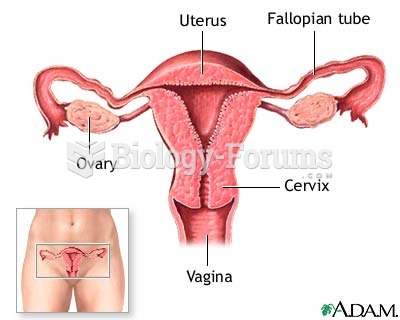|
|
|
Side effects from substance abuse include nausea, dehydration, reduced productivitiy, and dependence. Though these effects usually worsen over time, the constant need for the substance often overcomes rational thinking.
Drug abusers experience the following scenario: The pleasure given by their drug (or drugs) of choice is so strong that it is difficult to eradicate even after years of staying away from the substances involved. Certain triggers may cause a drug abuser to relapse. Research shows that long-term drug abuse results in significant changes in brain function that persist long after an individual stops using drugs. It is most important to realize that the same is true of not just illegal substances but alcohol and tobacco as well.
Aspirin is the most widely used drug in the world. It has even been recognized as such by the Guinness Book of World Records.
Between 1999 and 2012, American adults with high total cholesterol decreased from 18.3% to 12.9%
Blood is approximately twice as thick as water because of the cells and other components found in it.







